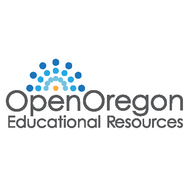Health Information Systems
(View Complete Item Description)Introduces the history and current status of information systems in health care: information architectures, administrative and clinical applications, evidence-based medicine, information retrieval, decision support systems, security and confidentiality, bioinformatics, information system cycles, the electronic health record, key health information systems and standards, and medical devices. Teaches strategies and tools to insure the development and/or selection of health information systems. Discusses the role of healthcare information and communication technologies in healthcare delivery including their role in improving the quality, safety and efficiency of healthcare delivery. Documents go with the course shell available via this link https://lor.instructure.com/resources/ebba206534fc4ec8b2a912e648d70a0d?shared
Material Type: Full Course, Homework/Assignment, Lecture, Lecture Notes, Syllabus




















